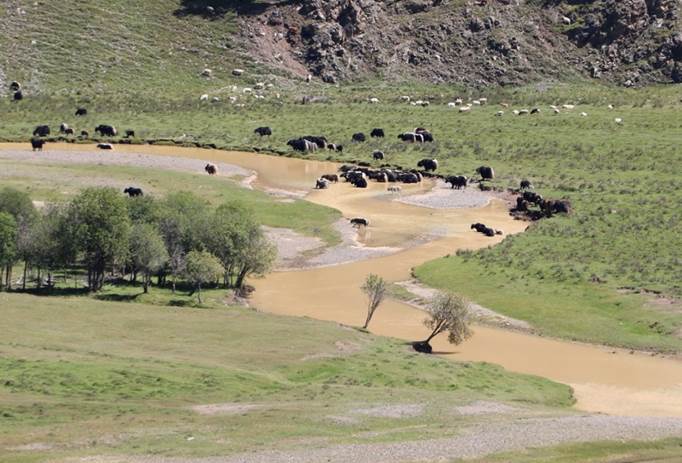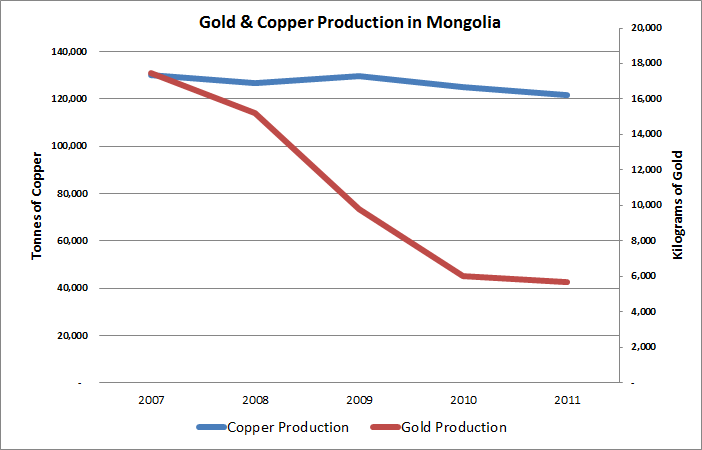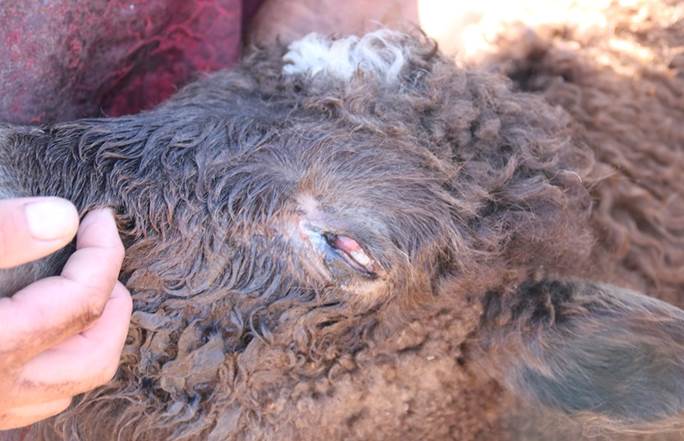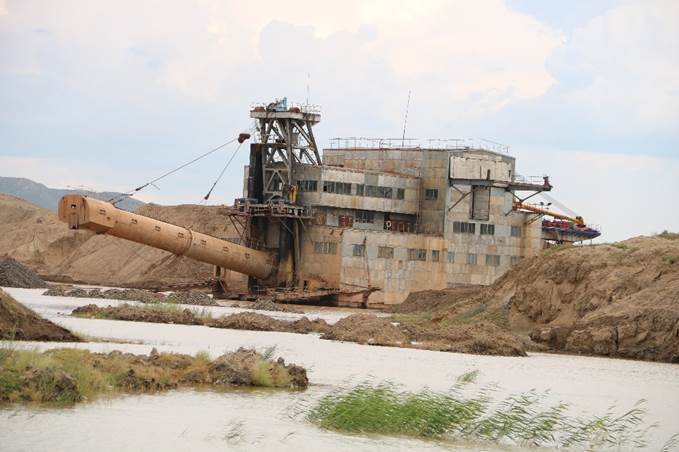
Since May 2019 Onggi river movement, jointly with United Movements for Mongolian Rivers and Lakes (UMMRL) has restarted a legal fight to enforce the Law with Long Name( a law to protect headwaters of rivers, protected zones of water reservoirs and forested areas) passed in July 2009 by Mongolian parliament under decisive pressure from civil society. By drafting and pushing through the Law the UMMRL could succeed in creating a legal background for cancelling and revoking 1782 mining licenses, which includes 391 operating licenses, and 1391 exploration licenses. Most of those are placer gold mining licenses in river valleys.
Initially the struggle of local communities with rampant mining was greatly facilitated with passing of the Law with Long Name and national gold production by 2011 decreased to manageable levels.

However, due to inaction from Mongolian government side to implement this and related laws, many licenses got reclaimed and re-issued, which ultimately resulted in polluting and damaging the natural environment and caused immeasurable suffering to local communities dependent on rivers. At least 50% of those 1700 licenses, which must be cancelled, have been restored. By 2018 production reached 22 tons a year, mostly from small-scale placer mining operations with high environmental impacts.
Therefore, the Onggi River Movement leader and UMMRL Board Member Tsetsgee Munkhbayar decided to sue the Government for inaction, which already has been done once in the past when in 2011 the Supreme Court of Mongolia agreed with UMMRL and ordered the Government to enforce the law.
Onggi River Movement delivered a request to implement the Law to the prime minister of Mongolia Khurelsukh on May 01, 2019 but the government responded only by June 12 with a refusal to consider the issue, thus creating a pretext for filing a claim in the courts. On 24 of July, Mongolian court has issued an order to open a case based on the claims submitted by Onggi river movement, jointly with United Movements for Mongolian Rivers and Lakes (UMMRL), suing Mongolian government as a defendant, and Ministry of Environment, Nature and Tourism as a co-defendant, for committing illegal inaction by not implementing following laws:
• Mongolian law, passed on 16 July 2009, to prohibit mineral exploration and mining operations at headwaters of rivers, protected zones of water reservoirs and forested areas (The Law with Long Name -LLN)
• Mongolian parliamentary resolution made on 16 July 2009, concerning some measures to be taken relating to the passed (technical document enabling implementation).
At the same time UMMRL people conducted inspections along the basins of 4 rivers: Onggi, Taats, Baidrag and Zavkhan to collect evidence on lack of implementation of the LLN. In August a new expedition inspected Orkhon River basin. everywhere they saw communities deprived of drinking water, herds blocked from access to river, cows blind because of unknown illness related to contamination, rivers that should be transparent turning brown for the most of time…This raid was widely covered in media as well as parallel efforts of other NGOS at mining sites in other river basins.

For example, the Asian Forum for Human Rights and Development (FORUM-ASIA) and Centre for Human Rights and Development (CHRD), in May 2019 conducted a Fact-Finding Mission that collected testimonies from key stakeholders on the impacts of mining in North Eastern Mongolia. The resulting report highlights shortcomings in national legislation (including regulations related to the Law with Long Name), enabling mining operations to circumvent provisions that supposedly aim at conserving and protecting Mongolia’s lush biodiversity and habitat. It also sheds light on impacts of the “Steppe Gold” mining company in Dornod Province – a heir of infamous Centerra Gold, which has the Mongolian Climate Envoy Zamba Batjargal as a member of its Board of Directors.
Court hearings on Onggi River Movement &UMMRL vs. Government case were postponed four times using various excuses. Finally on 2 December 2019 the Court dismissed the NGOs’ request and refused to start the judicial process based on the fact there have been other Mongolian court decisions recognizing detrimental consequences of the inaction of the Government and ordering the Government to enforce the Law with Long Name, and since they are still in force and have not been fulfilled, a new decision would be redundant and not necessary.
So the Court fully recognized that the Government of Mongolia failed to implement the LLN and that has to do so according to already existing courts’ decisions. Thus the court officially recognized that “The warrant of Supreme Court in 2011, determined the “non-enforcement” by the Government” of the Law with Long Name and related regulations. This opens opportunities for holding the Government responsible for the consequences of its inaction and negligence.
Now the UMMRL has solid legal basis to help local people to sue the government for damages caused to local communities as a consequence of illegal mining that occurs due to non-implementation of the LLN.
It will be a difficult fight to win, since this Government has no money and has considerable influence on judicial system. The Mongolian bureaucracy places high hopes on placer gold mining as an accessible source source of revenue (despite gold production reduced by 30% in 2019 compared with 2018 and being only 15 tons). The Government still wants to invest in gold refinery capable to produce 25 tons of gold annually, which would mean catastrophic blow on rivers, unless modern hard rock mining enterprises will be able to contribute most of that production, which is unlikely.
But the Government is losing legitimacy day by day and lately it sees improvement in the governance of mining as its chance to improve the image before 2020 elections.

In August the Minister of Environment was demonstrating his concern by hopping in helicopter from mine to mine in Selenge Province and ordering to shut down illegal operations. Government started checking all mining license holders to detect violations.
On December 9 the Mongolian Court of Appeal decided to revoke four gold mining licenses on sacred Noyon Mountain which are owned by Centerra Gold in the Mandal Soum of Selenge Province in the north of Mongolia.
On December 19 the Cabinet made a decision not to grant mineral exploration licenses for a whole year of 2020. A working group of 40 people headed by Deputy Prime Minister U.Enkhtuvshin will work for 100 days to inspect each of 2889 special licenses paying attention to enforcing laws, regulations and rules related to mining activities. The government also publicly boasts that over 700 special licenses have been cancelled in the last three years to prevent illegal activities. By doing so, the number of licenses decreased from around 3500 to 2889 (1664 of them are mining licenses and 1225 are exploration licenses).
All these changes promise good chances for the UMMRL and other NGOs to restore the glory of the Law with Long Name and make the Government to protect rivers from mining.
Compiled by Eugene Simonov
Rivers without Boundaries International Coalition

